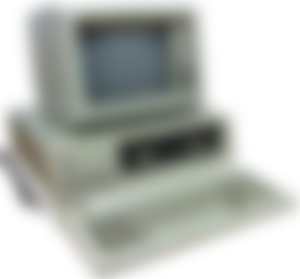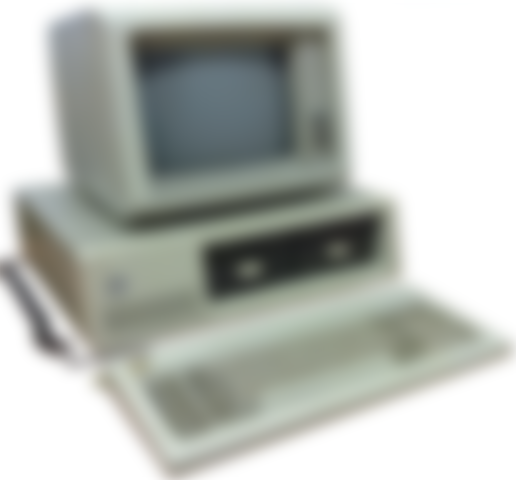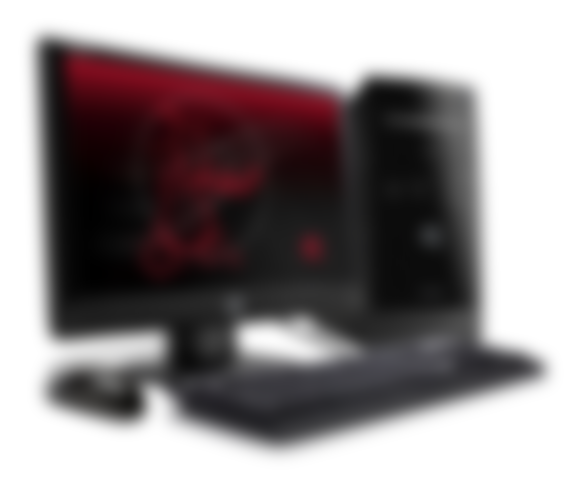"Computers might be the most complex machine mankind has ever invented, but they can be easily understood... if we take heed to the simple explanations that lie ahead."
Every modern citizen can tell what a computer is, but has a hard time defining it. In a simple statement, it can be defined as a machine that can store and retrieve data. And while it can perform mathematical functions much like a typical calculator, it can do so much more – it can process its calculations and convert them into comprehensive information.
Such information can then be utilized for a variety of means that can significantly improve man’s ways of living. Without a doubt, the computer is truly the greatest invention mankind has ever achieved.
To discern the idea if a device can be declared as a computer, we need to grasp the understanding that a computer must have the ability to:
• accept commands and input from human users and from the real world
• project such input into output for perception and monitoring
• perform arithmetic functions
• Sort and classify data accordingly into a comprehensive information
• store the data it works with and presents it accurately upon retrieval
• connect with other devices of the same kind and share resources among them.
Experts unanimously agree that if a machine has the capabilities mentioned above, then it has to be called a computer. The business of digitization is rapidly expanding which paved the way for many other devices that in some ways, display some traits that are very similar to standard computers too.
Plenty of the digital devices that we can see around can be declared as computers.
From handheld devices to massive shelf-like units, computers today come in many shapes, sizes, and varieties that it’s getting harder to identify if they can be ever classified as they should be.

Of course, the need to classify them still exists. To address such a need, let us understand that primarily, computers can be grouped a stationary, portable, and embedded.
Stationary computers are meant to stay at a certain location so they can stay operational. They are also bulky in size which makes them not ideal for moving around. They have the advantage of being more likely to be upgraded than the portable ones because they have parts and components that can be removed and customized.
Portable computers, as the name suggests, can be carried and moved around for mobile computing purposes. Because of their miniaturized components, they consume lesser electrical power than stationary computers. They obviously offer conveniences that those of the stationary category can’t offer.
However, portables can’t be upgraded as efficiently. This is the major downside of mobile computers. Furthermore, mass production methods make most of them disposable once they are damaged as they are often impractical to repair.
Embedded computers are not as versatile as the aforementioned ones, for they are built only for specific tasks. Such tasks include temperature control, machine activation, opening doors, etc. Computers of this kind are attached in walls of facilities and buildings where security and safety are highly required. Some embedded computers are so tiny and almost unnoticeable as they reside in camcorders, wristwatches, stereos, and many other home appliances.
As of this writing, other special-purpose computers are being developed that might not fall into any of the three categories anymore. Some of these computers are so smart that they almost think like humans. Artificial Intelligence, as such a feat is called is embedded in robots. Can they still be called computers? Experts say they have to be. Until they are fully established into the world in general, let us just settle with the idea that the ones listed above are officially the most accepted computer classification.
STATIONARY COMPUTERS
Desktop Computer
Without a doubt, it is the most popular form of the term ‘personal computer’. So there are computers that are can’t be labeled as personal? Yes. The term actually pertains to the type that is meant to be placed on top of a desk or table and operated by a single person. Thus the term is established. Some computers are actually not meant to be directly used by people, let alone be of use by ordinary personnel, and they belong to the ‘non-personal’ category.

"First envisioned by Steve Jobs, the founder of Apple Computers and popularized by International Business Machines, the desktop PC was the first machine to be featured by Time Magazine as a “Person of the Year” in 1982."
Many computer manufacturers all over the world sprout here and there making their own variants as they improve upon the previously established models. This resulted in newer versions that may not be as robust or as durable as the highly branded ones, but are often chosen by many people for their affordability.
Computer technicians as well as typical users have invented a new term for this type – Clone PCs. They are named as such because they are imitations of the ones created by popular companies from Western countries.
Although mobile computers are mostly preferred by typical users nowadays, many establishments still prefer to purchase desktop computers as working tools for their employees because of their flexibility in upgrading issues.

"Modern desktop computer models may have already deviated from the standards set by Apple and IBM in appearance, but their core functions and framework still remain the same. "
In desktops all over the world, there is a variant of the desktop PC called a workstation – a term used by tech administrators to label a computer that can’t work independently as a standard PC. In order for it to function, it needs to connect to a network server – a dedicated computer that houses the resources that workstations connected to it may want to access and use. Workstations are also referred to as “thin clients” because they are often not fully equipped with the totality of the parts that comprise a true desktop PC.
In the next articles, other kinds of computer will be explained in the simplest ways as well.
Thanks for reading.



Are you a programmer?